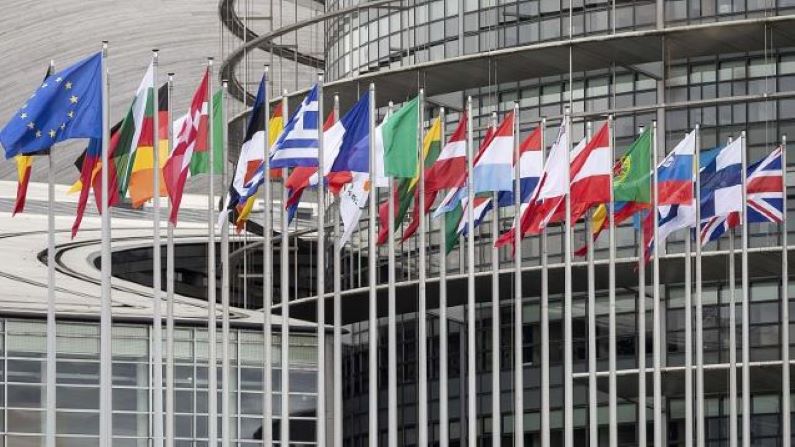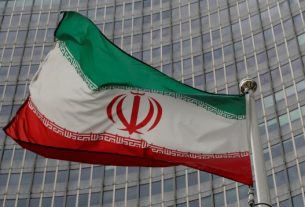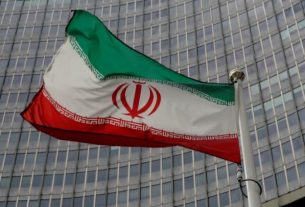Austria continues to demonstrate strong support for EU membership, even three decades after joining. A recent survey conducted after the European Parliament elections in June showed 76% of Austrians in favor of membership, while only 17% supported an exit. Paul Schmidt, Secretary-General of the Austrian Society for European Politics (ÖGfE), attributed this rise in support to a public reaction against the far-right FPÖ’s election victory, describing it as a “shock” effect. Historically, pro-EU sentiment has remained stable, with exit support averaging just 21.9% over the past 30 years—far below the 33.4% seen during the 1994 EU membership referendum.
While Austria’s economic and geographic positioning makes an EU exit unlikely, Schmidt warned against complacency, noting regional disparities in support, with urban and western regions being more pro-EU than rural and eastern areas. He emphasized that while Euroscepticism has not led to widespread anti-EU sentiment, persistent criticism of the EU by political leaders—particularly from the ÖVP—has affected public trust in specific EU policies, such as migration and expansion.
The ÖVP, under former Chancellor Sebastian Kurz, adopted a populist anti-EU discourse to outmaneuver the FPÖ, a move Schmidt said bolstered domestic support but damaged Austria’s EU standing. This rhetoric complicates efforts to promote EU enlargement, as two-thirds of Austrians oppose expanding the bloc, often questioning its functionality.
Schmidt called for Austria’s future government to adopt a clearer European vision, prioritize citizen engagement, and define ambitious goals like expanding transnational rail networks. He urged stronger alliances with nations such as Sweden, Finland, and Ireland to enhance Austria’s EU influence. Schmidt also highlighted the importance of repairing strained relationships with Central and Eastern European countries, particularly Romania and Bulgaria, after Austria’s veto on their Schengen membership caused diplomatic friction.
As Austria reflects on its 30 years within the EU, Schmidt underlined the need for visionary leadership and reforms to ensure the nation’s continued stability and influence within the Union. The interplay between domestic politics and European policy will remain a defining factor in Austria’s future trajectory.





